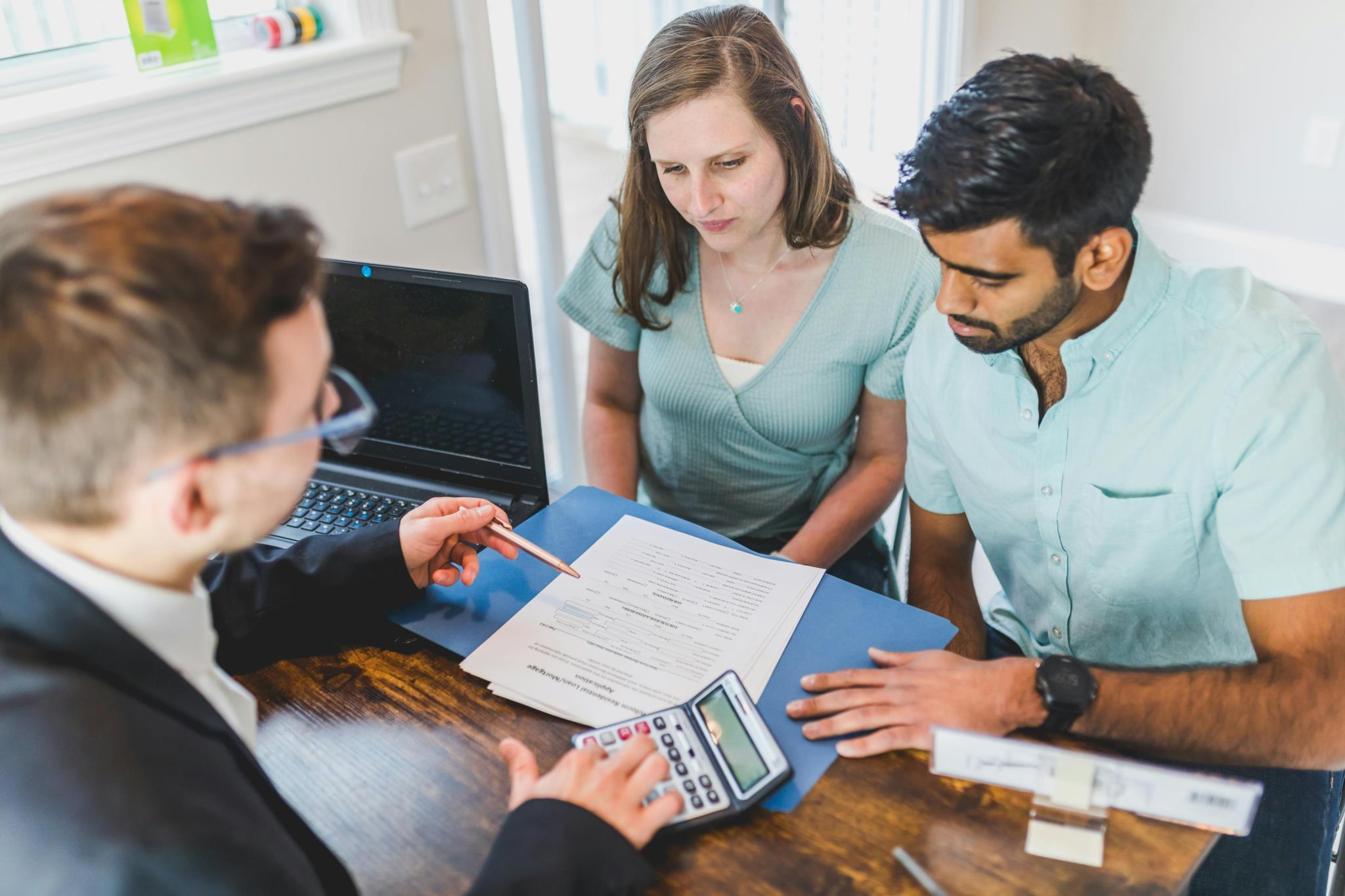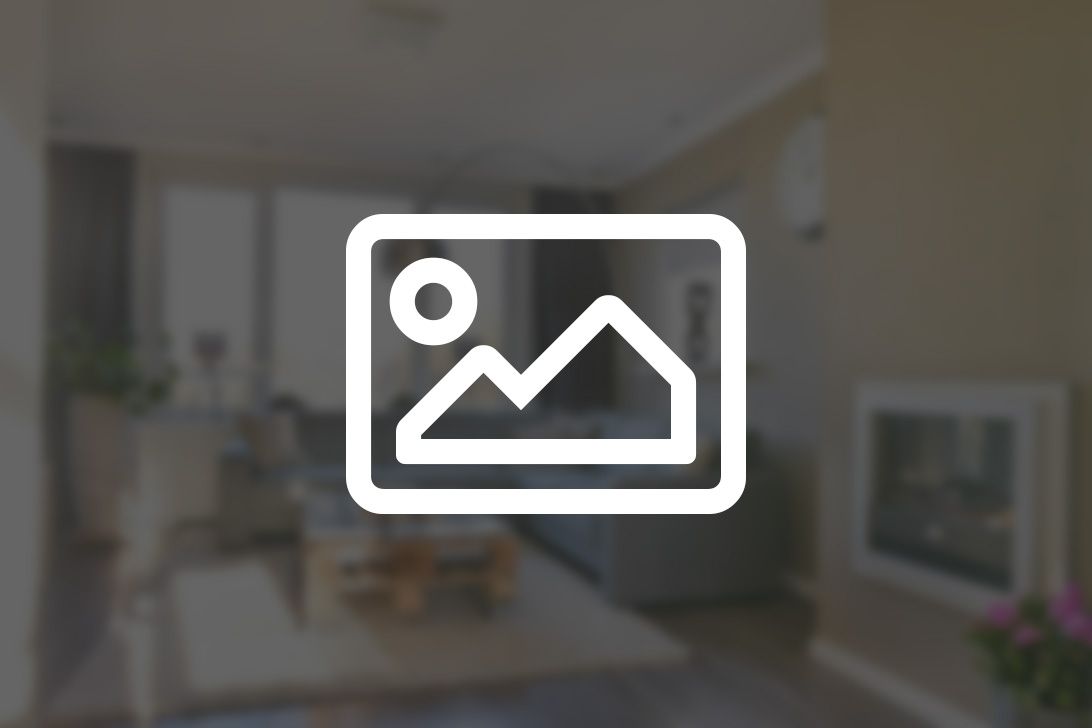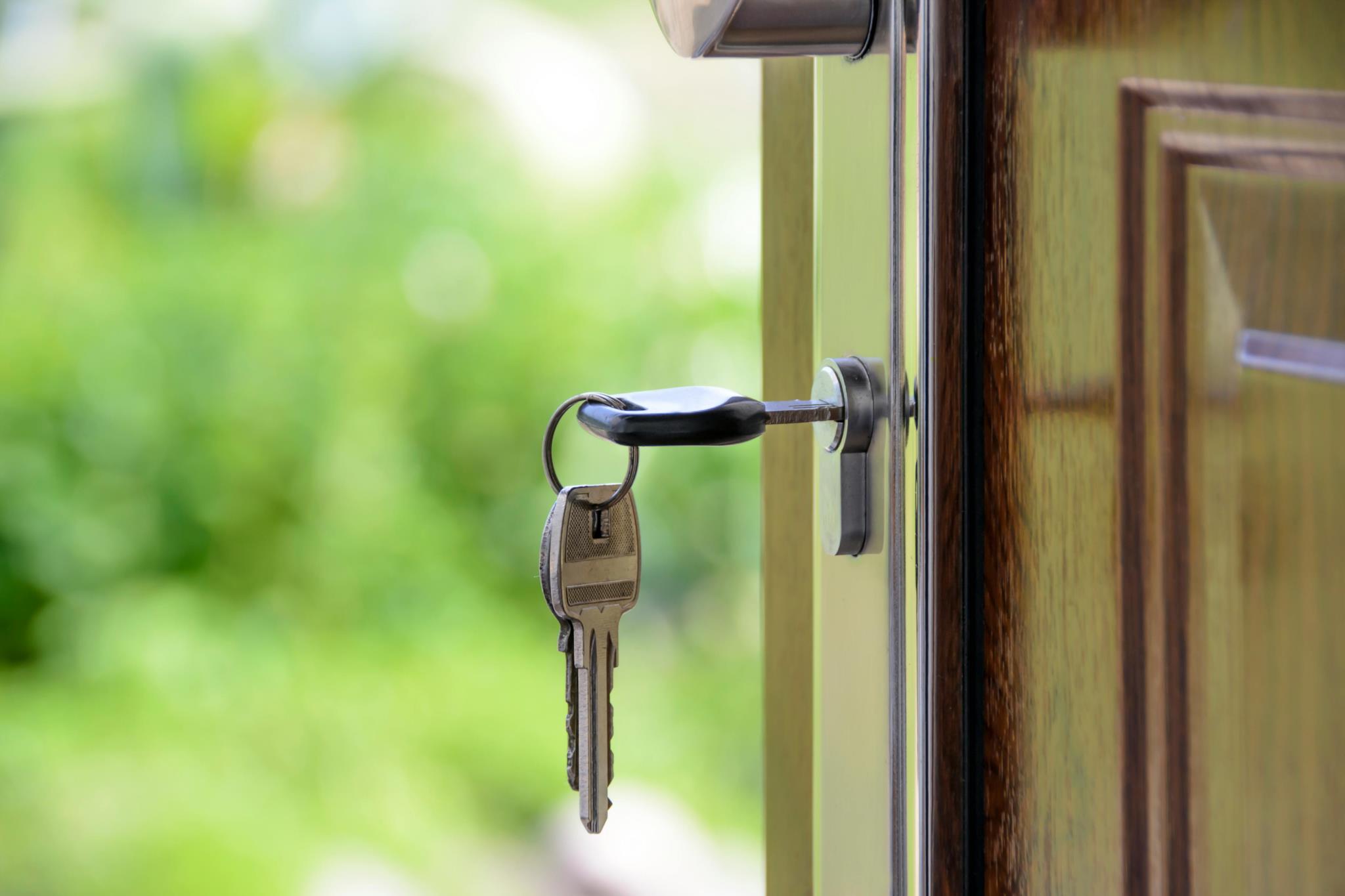Buying a home in the Netherlands can be an exciting step, but if you’re an expat, the Dutch mortgage system might feel unfamiliar. This guide explains the key things you need to know to understand how mortgages work in the Netherlands, and what to expect as a non-Dutch buyer.

1. Can expats get a mortgage in the Netherlands?
Yes, expats can absolutely apply for a mortgage, even without permanent residency. Most banks and mortgage providers offer products for internationals, though they may ask for additional documentation depending on your residence status and employment contract.
You generally need to:
• Be registered in the Netherlands (BSN number)
• Have a valid residence permit (unless you’re from the EU/EEA)
• Have a steady income (preferably on a permanent or long-term contract)
🔎 Some banks are stricter than others, so it helps to work with a mortgage advisor who knows the expat market.
2. How much can you borrow?
In most cases, you can borrow up to 100% of the property’s market value. You’ll need to cover additional costs (like notary fees, transfer tax, and valuation) from your own savings, usually around 4–6% of the purchase price.
Key factors that affect your borrowing power:
• Gross annual income (and that of your partner, if buying together)
• Type and length of employment contract
• Existing debts (student loans, car lease, etc.)
• Interest rate and mortgage term
💡 A mortgage advisor (hypotheekadviseur) can give you a clear borrowing estimate based on your situation.
3. Types of mortgages in the Netherlands
There are two main types of mortgage structures if you want to benefit from mortgage interest tax deduction(hypotheekrenteaftrek):
a) Annuity mortgage (Annuïteitenhypotheek)
• Monthly payments remain stable
• You pay more interest at the beginning, and more principal over time
• Eligible for tax benefits
b) Linear mortgage (Lineaire hypotheek)
• Monthly payments decrease over time
• Higher upfront payments, but you pay off the loan faster
• Also tax-deductible
Other types (like interest-only mortgages) are available, but usually not for first-time buyers or not tax-deductible under current rules.
4. Fixed vs. variable interest rates
You can choose between a fixed or variable interest rate.
• Fixed rate: Stays the same for a set period (e.g. 10, 20, or 30 years). Offers stability.
• Variable rate: Changes based on market conditions. Often lower initially, but riskier.
Most expats prefer fixed rates for long-term predictability, especially in a volatile market.
5. What documents do you need?
Expect to provide:
• Passport or EU ID
• Residence permit (if applicable)
• Employment contract
• Recent salary slips
• Bank statements
• 30% ruling letter (if applicable)
• BSN (citizen service number)
📂 If you’re self-employed or a freelancer, more documentation will be required (e.g. annual accounts and tax returns).
6. Should you use a mortgage advisor?
While you can go directly to a bank, many expats choose to work with an independent mortgage advisor. They can:
• Compare offers from multiple lenders
• Explain terms in plain English
• Support you throughout the process
Fees typically range from €1,500 to €3,000, and are often tax-deductible.
Final Thoughts
The Dutch mortgage system is well-regulated, but navigating it as an expat takes local knowledge and the right support. With the right advisor, clear paperwork, and good preparation, buying a home in the Netherlands is very achievable, and often more affordable than renting long-term.
If you’re unsure where to start or need a reliable mortgage advisor, we work closely with a trusted partner who specializes in expat finance, and we’re happy to connect you.

